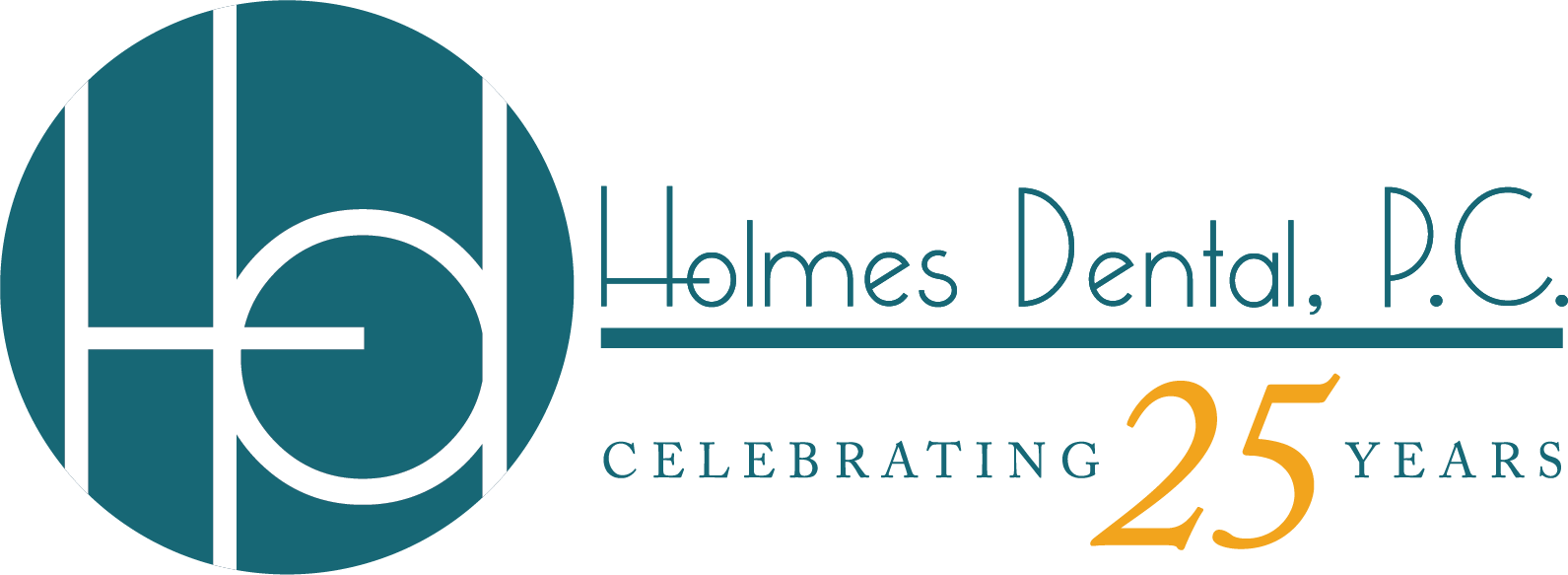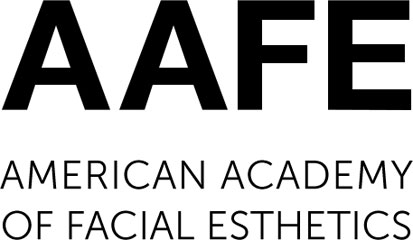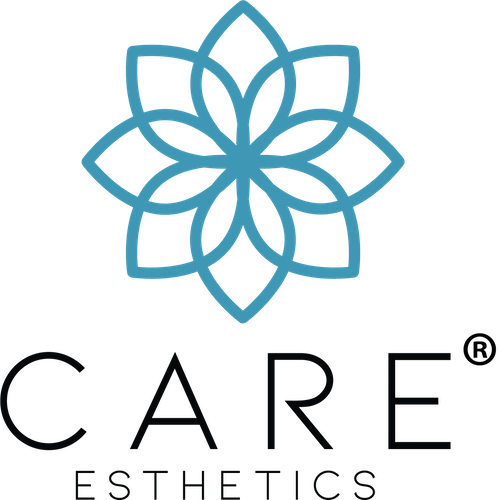Introduction
A healthy smile usually shows that you have good oral health. Yet, getting that gorgeous smile involves more than just using a toothbrush. For your gums, gum health is important, and ignoring them can lead to serious consequences for your well-being. In this detailed guide, you’ll find essential tips for keeping your gum health in check, which will help you achieve and keep a confident and healthy smile.
Essential Tips for Maintaining Healthy Gums
Looking after your gums is simpler than it seems! By adding easy but helpful habits to your daily life, you can really improve your gum health. Just as you focus on a healthy diet and exercise for your body, your gums require ongoing attention to remain healthy and free of issues.
With regular brushing and flossing, along with healthier food options, find out how you can manage your gum health and benefit from a bright, radiant smile.
1. Master the Art of Brushing and Flossing
To keep your gums healthy, brushing and flossing are necessary. With fluoride toothpaste, you should brush your teeth two times a day. This helps remove plaque, which is that sticky film that accumulates on your teeth and along the gum line.
In addition to brushing, you need to floss once a day. Flossing is key to get rid of food particles stuck in between your teeth. If you don’t tackle these trapped food particles, it can lead to harmful bacteria growing and might cause tooth decay.
With this two-part strategy, you are able to lower the chances of developing gum disease and enjoy a healthy smile.
2. Choose the Right Toothpaste and Mouthwash
Choosing the best fluoride toothpaste and mouthwash can really help you keep optimal oral health. With fluoride toothpaste, you can strengthen tooth enamel and guard against tooth decay.
After that, using an antimicrobial mouthwash can help cut down bacteria and freshen your breath. By brushing your teeth and then using mouthwash, you get rid of food particles and enjoy long-lasting freshness. This makes it an important part of your oral hygiene routine.
In addition, don’t forget that great oral hygiene is not just about having healthy gums; it’s also about feeling good with fresh breath.
3. Maintain a Gum-Friendly Diet
To keep our bodies healthy, it’s important to have a balanced diet. Eating healthy foods that are full of essential vitamins helps in having healthy gums. With crunchy fruits and veggies such as apples and carrots, they can act like a natural toothbrush. They help in boosting saliva production and cleaning our teeth too.
Also, dairy products are full of calcium, which are necessary for strong teeth and bones. To protect our oral health, we should limit sugary and acidic foods because they can make tooth enamel wear away and raise the risk of gum disease.
By focusing on a gum-friendly diet, we can nourish our gums from inside, making them stronger against possible problems.
4. Stay Hydrated for Healthy Gums
Drinking plenty of water is important not just for overall health, but it’s also necessary for a healthy mouth. When you stay hydrated, it helps with saliva production, which has a crucial role in supporting optimal oral health.
Saliva works by washing away food particles, balancing out acids in your mouth, and keeping bacteria under control. If you get dehydrated, your saliva production drops, which raises the chance of experiencing tooth decay and gum issues.
For this reason, aim to drink water throughout the day. This will help keep your mouth hydrated and promote your overall oral health.
5. Quit Smoking and Reduce Alcohol Intake
Quitting smoking and cutting down on alcohol are really important for improving your gum health. When you use tobacco products, like cigarettes or chewing tobacco, it greatly raises the risk of gum disease.
Using tobacco also limits blood flow to your gums. Because of this, they can easily get infections, and it slows down the healing process. Likewise, drinking too much can cause problems with your gum tissues and heighten the risk of other oral health issues.
Therefore, by reducing or completely stopping these habits, you play a big part in keeping your gums healthy and having a nice smile.
Recognizing and Addressing Gum Disease
Good oral hygiene is important because it helps to lower the chances of getting gum disease. However, it’s also very important to notice early signs and to get treatment quickly. Many people have gum issues but they don’t realize it. They often think they are just small problems.
By being aware and looking out for possible concerns, you can avoid serious and expensive dental procedures in the future. This way, you can keep a healthy, confident smile for many years ahead.
1. Identifying Early Signs of Gum Disease
Noticing early signs of gum disease is very important so you can avoid serious consequences. Usually, gum disease develops slowly, and people might not see clear signs until it’s a serious issue.
With bleeding during your brushing or flossing, you might have one of the most common early signs of gum disease, which shows inflammation. Along with this, other signs could be swollen or sore gums, ongoing bad breath, gums that are pulling back, and even teeth that feel loose. When you see any of these symptoms, you should call your dentist quickly.
By discovering and treating issues early, you can stop them from becoming periodontal disease, which is a tougher type of gum disease that harms the support around your teeth.
2. Professional Care vs. Home Remedies: Finding the Balance
Using home remedies can help with your oral hygiene routine, but they can’t replace the expert guidance and care that come from regular dental visits. Getting professional cleanings is very important for getting rid of tartar buildup, which is a hardened form of plaque that brushing and flossing can’t eliminate by themselves.
With special tools and techniques, dentists can clean teeth thoroughly, reaching difficult spots. In addition, they can spot early signs of problems and suggest the right actions to take.
By finding the right mix of professional care and home remedies, you can take good care of your oral health.
3. When to See a Dentist: Red Flags for Immediate Attention
Regular dental visits are usually suggested every six months. However, some dental issues need immediate attention and shouldn’t be overlooked. If you notice any of these signs, make an appointment with your dentist right away:
- With a severe toothache that stops you from eating or sleeping
- Because of swollen gums that hurt when touched
- When bleeding gums continue even after brushing and flossing
- In case of loose teeth or a change in how your bite feels
- When you find sores or white patches in your mouth that won’t heal after a week or two
Conclusion
Taking care of gum health is very important for a confident smile and good overall well-being. With proper oral hygiene practices, choosing suitable products, and having a diet good for gums, you can keep your gums healthy. Also, by avoiding smoking, limiting alcohol intake, and drinking enough water, you can support gum health. Detecting gum disease symptoms early is important, and visiting a dentist when necessary is essential. Always remember that prevention is key to keeping your gums healthy and maintaining a beautiful smile for many years. By sticking to these essential tips, your gums will surely appreciate it. Contact us at Holmes Dental to schedule your appointment today!
Frequently Asked Questions
What is the Best Way to Stop Gums from Bleeding?
Besides brushing, proper flossing plays a key role in maintaining gum health because it gets rid of food particles that can bother your gums. With a diet high in lean proteins and Vitamin C, your body can support the healing process better. By following a consistent oral hygiene routine, you can achieve the best results for your mouth.
How Often Should I Visit a Dentist for Gum Health?
For keeping a beautiful smile and avoiding possible gum disease, it’s advised to have regular dental visits every six months. Besides that, if you spot any oral health issues, you should search for professional care right away.
Can Diet Affect Gum Health?
Sure! A healthy diet that includes lots of fruits, vegetables, and whole grains helps keep your healthy gums. On the other hand, eating sugary and acidic foods can harm your immune system, which makes your gums more likely to get infections.
Are Electric Toothbrushes Better for Gum Health?
Using either type of toothbrush can help with good oral health practices. However, electric toothbrushes might work better when it comes to getting rid of plaque and stopping tartar buildup. This can lead to healthier gums and a more radiant smile.

 Dan Holmes, DDS
Dan Holmes, DDS Nicole Holmes, DDS
Nicole Holmes, DDS Our Team
Our Team




